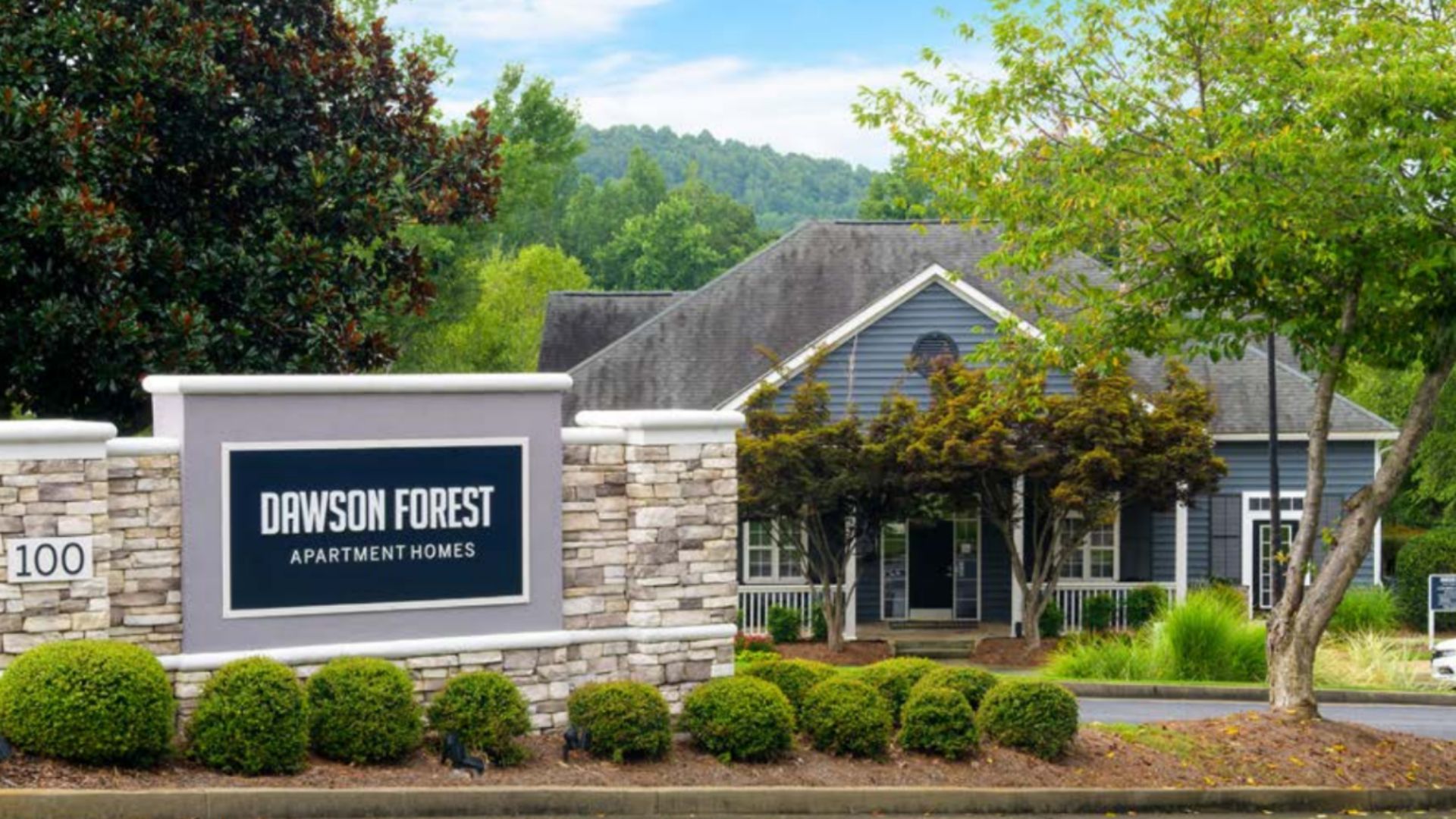May 20, 2020
The first time I booked an Airbnb was in 2011, back when the sharing platform was getting its footing in the home rentals market. I checked into an unremarkable garden apartment in Prague because it was cheaper than a hotel and I was on a budget. In the decade that followed, I stayed at more than 125 properties on six continents—a bonafide super guest. I was even a contributor to Airbnb Magazine, until it paused publication amid the COVID-19 crisis.
In my experience, about 20 percent of the home rentals were fantastic; 10 percent were garbage; and the other 70 percent served a basic purpose—which was to provide a safe, clean, and affordable place to sleep. These were no-personality IKEA specials, turnkey to the letter, and little more than a side hustle for hosts who couldn’t care less if I “lived like a local” in their town.
The allure of Airbnb
Since its founding in 2008, Airbnb has metastasized into an industry-disrupting juggernaut, encompassing more than 3 million hosts and 7 million listings worldwide. According to market-research firm AirDNA, one third of the site’s U.S. listings are run by hosts operating between two and 24 properties. Another third are controlled by hosts with 25 listings or more. A cottage industry of management companies has sprung up around these short-term rental circuses and Airbnb has been widely accused of exacerbating an international affordable-housing crisis.
And now, we have a reckoning. The platform lost more than $1.5 billion in bookings when the coronavirus began tearing through the travel sector in mid-March. Despite securing $2 billion in emergency financing, Airbnb co-founder and CEO Brian Chesky laid off 1,900 employees, or about 25 percent of his workforce, last week.
“Travel in this new world will look different, and we need to evolve Airbnb accordingly,” Chesky wrote in a message to staff. “People will want options that are closer to home, safer, and more affordable. But people will also yearn for something that feels like it’s been taken away from them—human connection. When we started Airbnb, it was about belonging and connection. This crisis has sharpened our focus to get back to our roots, back to the basics, back to what is truly special about Airbnb—everyday people who host their homes and offer experiences.”
Reflecting on my own home-rental history, this seems like the right move. If there is any silver lining to this pandemic, the cream will rise and the 20 percent of hosts who truly care will triumph. These are the hosts who are present, meaning they live on-site or close by. They greet guests upon their arrival and run their ship as tightly as a five-star hotel, anticipating guests’ needs at every turn, and always going that extra mile to make travelers feel welcome.
A return to hyperlocal
When Scott and Lisa Brunsdon joined Airbnb eight years ago, their property was the 264th listing in Sydney; now there are more than 30,000. But the Brunsdons continue to stand out from the pack because of their family compound’s unique mid-century modern–inspired loft and their stellar approach to hosting. “You know how when you travel to a new city it takes a few days to get your head around an area—the transport, best places for food, and hidden bars? I take everyone for a walk with the aim of short circuiting that,” says Scott. “In half an hour, they find the stuff it would take days to discover.”
That was certainly my experience with the Brunsdons, which is why they still rank as one of my all-time favorite hosts. Within days of settling in, I’d had breakfast with the family, taken an impromptu street art tour of Marrickville, and hung out with Lisa and her artist friends at their weekly open studio night.
“Airbnb has strayed a long way from where it started,” Scott says. “The ‘live like a local’ promise is a bit of a con in most places. If you are staying in what is really a serviced apartment, in a building full of similarly used apartments, how is that living like a local?” He also notes how Airbnb has transformed some areas, forcing out long-time residents because property owners can earn more income via short-term rentals. This, too, is antithetical to Airbnb’s original mission, because then travelers are just surrounded by other travelers. One positive change he sees coming from the COVID-19 crash is more Airbnb properties being transitioned back to long-term tenants. “The pendulum is swinging back,” says Scott. “That will make local housing groups happy.”
Supporting rural communities
Another favorite Superhost, Rukmal Lahiru, is equally hopeful that Airbnb’s return-to-roots downsizing will weed out some of the quasi-hotel management companies that operate dozens of rental listings. He’s also anticipating more people seeking out rural destinations like Habarana, Sri Lanka, where he hosts a treehouse, camping hut, and yurt made of clay in a private “jungle paradise.” Though his accommodations are modest (solar electric, outdoor shower), Lahiru knows travelers these days gravitate toward less touristy, more authentic experiences. During my own visit, he introduced me to his friends, invited me on a hike through a forest monastery, and took me on a guided elephant safari in Minneriya National Park—some of my best memories from that trip.
Superhost Bryan Chiang, whose darling kampung house is located in the serene village of Kuala Terla, Malaysia, also sees a potential upswing in bookings to remote regions such as the Cameron Highlands. “Staying in an isolated unit means less exposure to crowds and people who are asymptomatic,” Chiang says. “As travelers are more likely to skip big cities, home rental in villages or small townships will boom, which will also contribute to positive growth in other micro businesses such as local eateries and local laundrettes,” he says.
I believe him, too. From the moment Chiang picked my partner and I up at the bus station in Tanah Rata, he was on a one-man mission to show us everything awesome about his little corner of the world. He took us to his favorite mom-and-pop joints for laksa and maggi mee goreng, as well as the quirky Time Tunnel Museum, the spooky Mossy Forest, and his own neighbors’ chrysanthemum farms and tea plantations. That the flat he was renting was decorated with cool vintage Malay decor was the icing on top.
Prioritizing safety and protecting neighborhoods
Chiang is already ahead of the curve when it comes to post-pandemic cleanliness. Airbnb recently implemented rigorous new cleaning guidelines to ensure guest safety, developed in partnership with former Surgeon General Dr. Vivek Murthy. Participating hosts will undergo a training and certification process for coronavirus prevention and observe a 24-hour waiting period in between guest bookings. Alternatively, hosts can monitor social distancing by instituting a 72-hour booking buffer in between stays. In addition to cutting capacity and rolling out a new disinfecting protocol based on advice from the World Health Organization and Malaysia’s Ministry of Health, Chiang will require infrared temperature checks and ask all guests to wear masks when tooling around town. He’s also experimenting with “virtual hosting,” where he’ll dispense insider travel tips via WhatsApp and video calls, and is working on an interactive map that highlights hidden treasures throughout his village—so he can continue to share his passion for the area, albeit digitally.
Considering one’s neighborhood and neighbors should be another top priority. Mailu Mwau Wasanga, a favorite Superhost in Nairobi, Kenya, says some of his neighbors have expressed concern about him hosting foreigners in their apartment building because they’re afraid of the virus spreading. Moving forward, Wasanga hopes to invite guests to Sultan Green, his farm in the Kenyan countryside, instead, where he can host more immersive agritourism experiences. “[The pandemic] will force those of us in the Airbnb community to re-examine why we are doing this,” says Wasanga. For him, it’s simple: “I’m keen on meeting amazing people and sharing experiences.”
Thoughtful touches that make Airbnbs stand out
Of course, a host needn’t hold a guest’s hand to make a great impression. Though I never met Chelsy Whittington face-to-face, the owner of the three-suite Hotel Pikku in Duluth, Minnesota earned herself a spot in my Superhosts Hall of Fame because her execution was so thoughtful. “I wanted to create a space that had the luxury and privacy of a boutique hotel with the neighborhood charm of a bed and breakfast,” says Whittington. “And I wanted it to be small enough so that I could handle all the details on my own.”
She succeeded on every level. The minimalist-chic design incorporates things she loves and believes her guests will love, too, such as locally made art and pottery, freshly roasted beans from Almanac Coffee, flower arrangements from Flora North, and hand-tooled guest books by Hemlocks Leatherworks, the shop downstairs.
Those personal touches were the same reason I adored superhosts Jeff and Andy Crocker’s sunny Atwater retreat in Los Angeles. There was a record player with LPs rotated in from the couple’s own offbeat collection and nostalgic board games like Clue: Golden Girls Edition. “We live in our neighborhood because we are fans of our neighborhood, and our listing and furnishings reflect that,” says Jeff. “We make sure to include fruit from our orange tree, beers from the local brewery, menus from our favorite local spots, and we are always available to offer recommendations. We love talking to our guests prior to, during, and after they stay with us, because we care about their experience.”
Like many of the hosts I spoke with, the Crockers hope to see “short-term home rentals that are curated and cared for by the hosts” survive, and the more corporate listings converted back to long-term rentals. “Just like the sharing economy was a sea change for travel, the COVID-19 pandemic is another,” says Jeff. “We’ll always be considering how best to care for our guests, and while it might be awhile, we look forward to the opportunity to do so again in the future. But with a little more bleach.”











